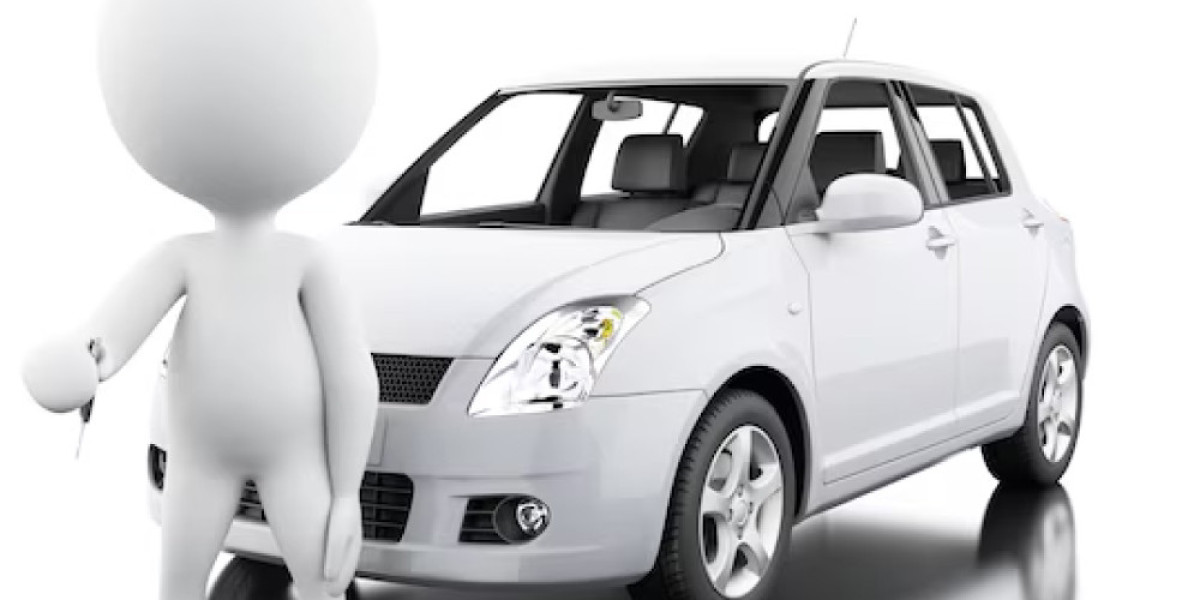The Europe Connected Car Market Analysis highlights key growth drivers such as the surge in demand for autonomous driving, enhanced safety regulations, and consumer expectations for personalized digital experiences. The analysis reveals that connected cars are central to Europe’s broader vision of smart mobility and sustainable transportation. Increasing collaboration between automakers and software providers is reshaping vehicle design and connectivity features. Furthermore, advancements in big data analytics and AI are enabling predictive maintenance, real-time diagnostics, and advanced infotainment. This analysis underscores Europe’s position as a global leader in the connected car ecosystem, with continuous innovation driving expansion.
The European connected car market is a vibrant and rapidly expanding sector, poised for significant growth in the coming years. This market is a key pillar of the continent's digital transformation, where vehicles are evolving from simple machines into sophisticated, data-driven platforms. The growth is fueled by a combination of increasing consumer demand for in-car connectivity, supportive regulatory mandates, and a robust push for smart mobility solutions across Europe's urban centers.
Key Market Drivers
The primary force driving the European connected car market is the consumer. European drivers are increasingly demanding a seamless, integrated digital experience that mirrors their smartphone usage. This includes features like real-time navigation, over-the-air (OTA) software updates, and advanced infotainment systems. The appeal of services that offer convenience, such as remote vehicle diagnostics and usage-based insurance, is also a powerful market catalyst.
From a business perspective, the connected car represents a massive opportunity for automakers and suppliers to generate new revenue streams. The shift from a one-time vehicle sale to a recurring subscription model for services like navigation, safety features, and in-car entertainment is a major incentive. This model also allows for a continuous relationship with the customer, providing valuable data for product improvement and personalized services.
Furthermore, the public sector is playing a crucial role. European cities are at the forefront of implementing smart city initiatives, which require vehicle connectivity to function. Projects focused on intelligent traffic management, optimized parking, and enhanced public safety are creating a strong demand for connected vehicle technologies. The ongoing rollout of 5G networks, a key enabler of these technologies, is also accelerating market growth.
Market Segmentation and Competitive Landscape
The European connected car market is highly segmented by application, with key categories including telematics, infotainment, and driving assistance. The infotainment segment, which includes navigation and in-car entertainment, currently holds a significant market share. However, the driving assistance segment, which includes ADAS and V2X communication, is projected to be the fastest-growing as a result of new safety regulations.
The competitive landscape is a complex mix of traditional automotive OEMs, Tier 1 suppliers, and technology firms. European automakers like Volkswagen, Mercedes-Benz, and BMW are major players, investing heavily in developing their own in-house software platforms to maintain control over the customer experience and data. They are also forming strategic partnerships with tech companies to accelerate development and stay competitive. On the other hand, traditional suppliers like Continental and Bosch are expanding their offerings to provide end-to-end connected car solutions, while telecommunication companies are focusing on building the necessary network infrastructure.
While the market is poised for growth, it faces challenges, including concerns over cybersecurity and data privacy, which are top-of-mind for both consumers and regulators. The complexity of integrating various systems from different vendors and the high cost of developing new technologies are also hurdles that need to be addressed. Despite these challenges, the clear trend toward a more integrated and intelligent vehicle ecosystem ensures that the European connected car market will remain a hotbed of innovation and investment for the foreseeable future.








